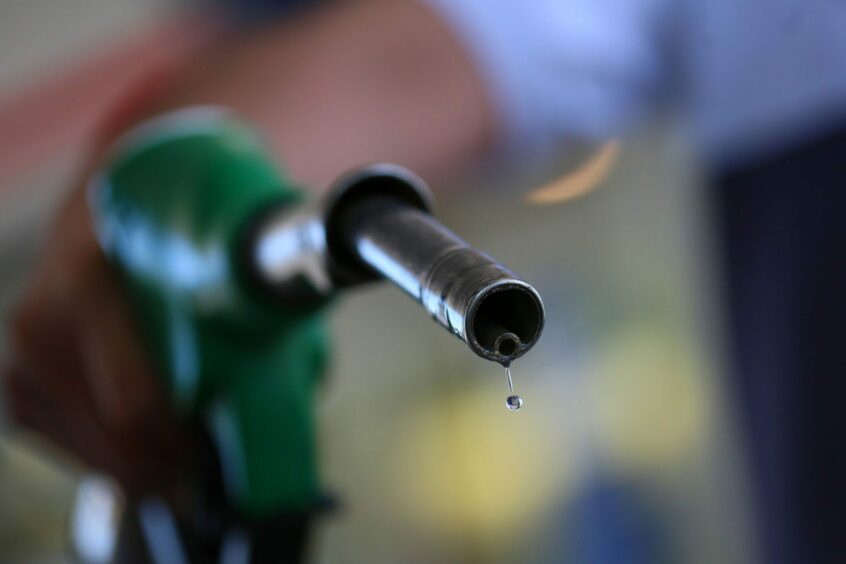
Oil slipped back below $100 a barrel as investors assessed signs of lacklustre US gasoline demand and expanding stockpiles.
West Texas Intermediate for September retreated again in Asian trading after ending almost 1% lower on Wednesday. A US government report showed that stockpiles of the fuel rose more than expected last week, while a four-week rolling average shows high prices crimped consumption to only just above the same time two years ago, and below every other year since 2000.
After rallying for most of the first half following Russia’s invasion of Ukraine, oil prices have been dragged lower in recent weeks by fears of recession and central bank tightening. Futures are on course for their first back-to-back monthly loss in July since 2020 despite signs physical markets remain tight.
“Gasoline demand in the US didn’t show strength despite the Northern Hemisphere still being in peak-consumption season,” said Gao Jian, a Shandong-based analyst at Zhaojin Futures Co.. “As peak-demand season enters a turning point and global economic growth slows, the market should be on sustained watch for risk of weakening oil products’ demand.”
Prices:
WTI for September delivery shed 0.7% to $99.23 a barrel on the New York Mercantile Exchange at 9:29 a.m. in Singapore.
Brent for September settlement fell 0.6% to $106.25 a barrel on the ICE Futures Europe exchange.
In Asia, China’s persistence with its strategy of trying to eradicate Covid-19 has acted as a drag on energy usage and slowed regional growth. The Asian Development Bank cut its forecast for gross domestic product growth in developing Asia as Beijing’s approach to the virus creates ripple effects.
Still, oil markets remain deeply backwardated, a bullish pattern marked by near-term prices trading above longer-dated ones. Brent’s prompt spread — the difference between its two nearest contracts — was $4.52 a barrel in backwardation, up from $2.88 a barrel a month ago.
Traders are also tracking events in Europe to see whether Russia’s biggest gas pipeline to the continent will be restarted later Thursday after maintenance. President Vladimir Putin has signalled exports on the Nord Stream conduit will resume but at lower rates. A failure to restore flows may roil energy prices.
To ramp up the pressure against Moscow for its assault on Ukraine, the US government is working on a plan to try to cap prices of Russian crude. Deputy Prime Minister Alexander Novak said on Wednesday that Russia will not export oil if any global price limit was set below production costs.